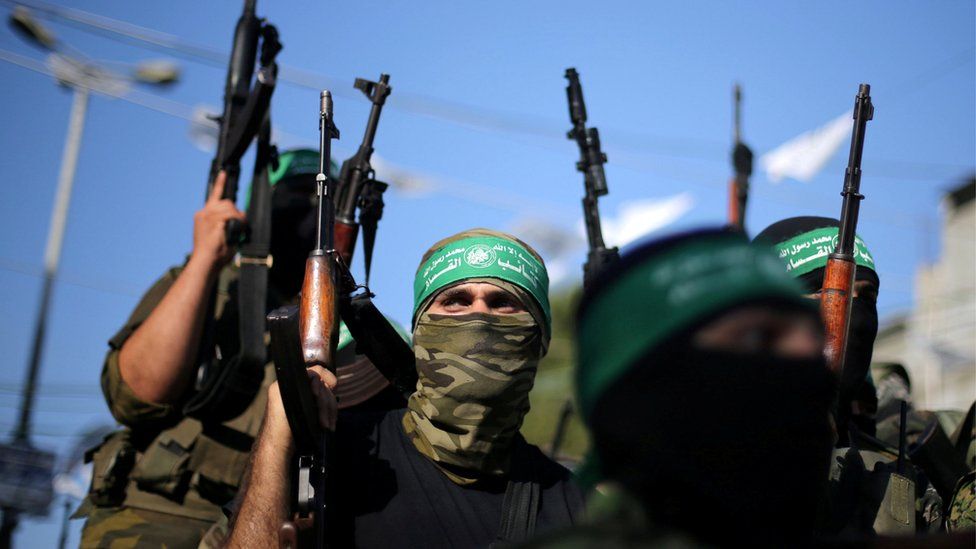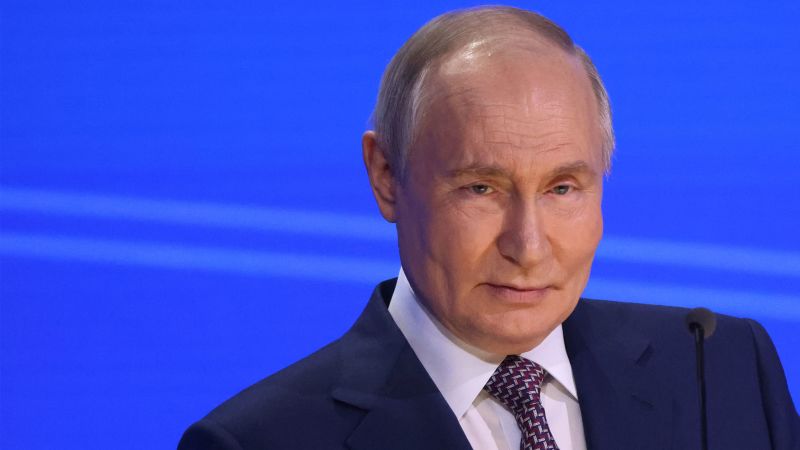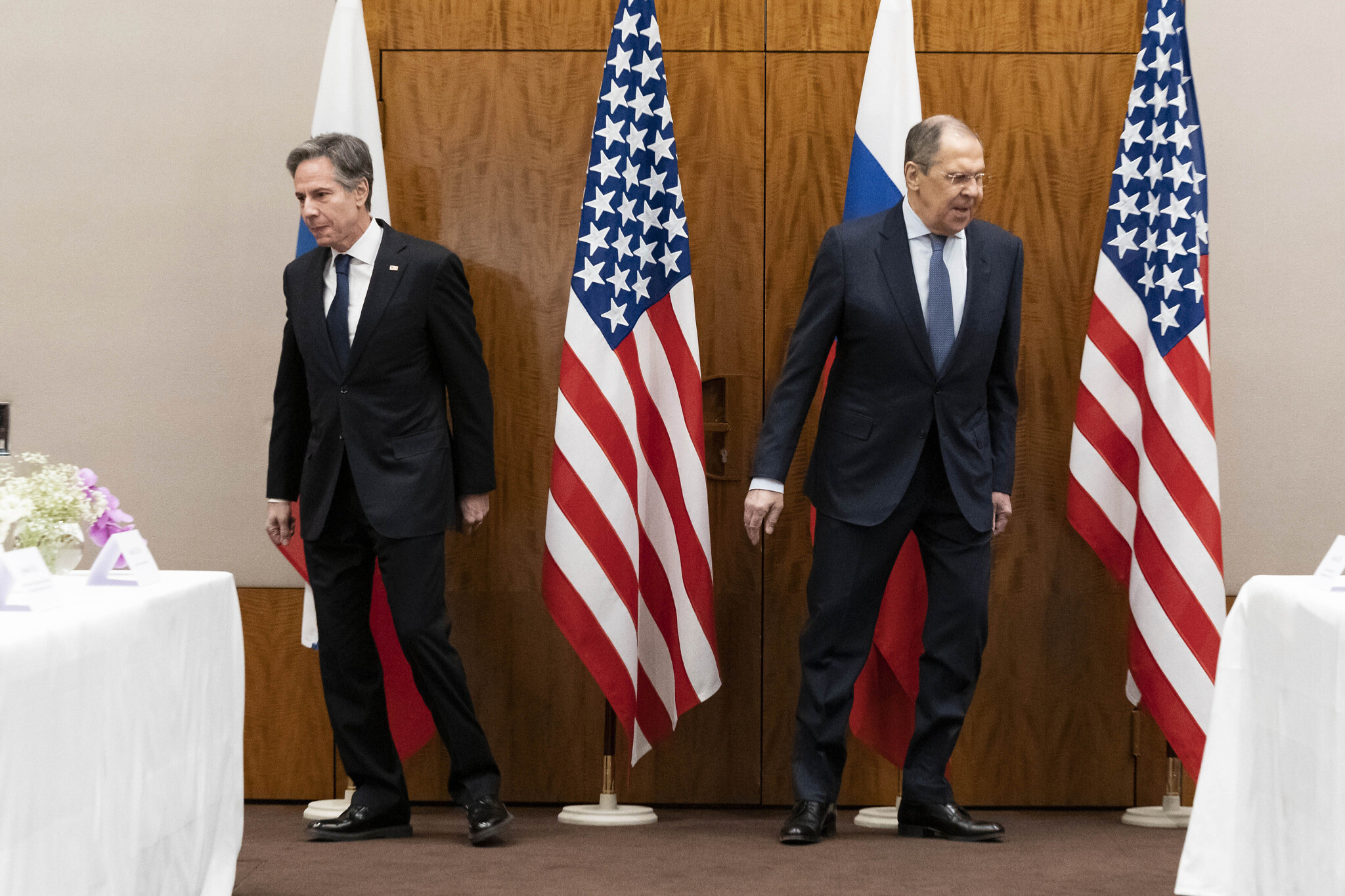Alright, folks, let’s cut through the noise. Hamas has reportedly rejoined negotiations regarding the hostage exchange, according to Israeli Defense Minister Yoav Gallant. Sounds like a breakthrough, right? Don’t be so quick to celebrate.
The timing is highly suspect. Hamas is back at the table while Israel continues its military operations in Gaza, and while crucially, Israel hasn’t resumed what Hamas deems “unnecessary” humanitarian aid, nor has a ceasefire been implemented. In other words, they’re coming back under pressure – and on Israel’s terms. This isn’t a sudden change of heart; it’s a calculated move dictated by the current battlefield realities.
Here’s a little background for those following along (and if you’re not, hit that follow button for more unfiltered analysis!):
The hostage negotiations have been a notoriously complex dance, repeatedly stalling and restarting. The core issue revolves around securing the release of Israeli hostages held in Gaza in exchange for Palestinian prisoners held by Israel.
Historically, mediation efforts have largely been led by Qatar, Egypt, and the United States. Qatar’s role as a key intermediary stems from its relationship with Hamas, hosting their political bureau.
Recent setbacks in negotiations often center around disagreements over the terms of a permanent ceasefire, the number of prisoners to be released, and guarantees for sustained humanitarian access to Gaza.
This renewed engagement is, frankly, a direct response to the intensified Israeli military pressure. Hamas is likely attempting to leverage the ongoing negotiations to alleviate some of that pressure, even temporarily. Don’t expect a swift resolution. This is going to be a long, messy process, and we need to watch closely how Israel responds to Hamas’s conditions.







